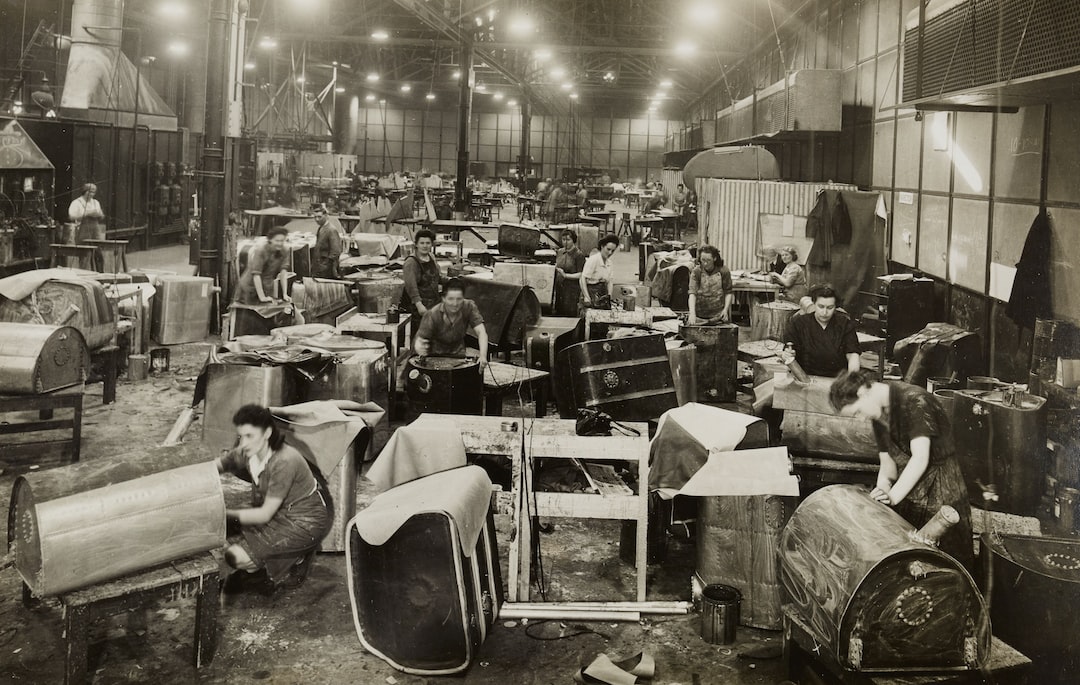In today’s fast-paced and highly competitive industry, the importance of lean manufacturing practices cannot be overstated. Lean manufacturing is a systematic approach to identifying and eliminating waste in the production process, ultimately improving efficiency and reducing costs. This approach has gained significant popularity as companies strive to streamline their operations and gain a competitive edge in the market.
One of the key benefits of lean manufacturing practices is its ability to enhance productivity. By eliminating unnecessary steps, reducing setup times, and optimizing workflow, companies are able to produce more goods in less time. This leads to increased output and customer satisfaction, as orders can be fulfilled in a timely manner. Moreover, by reducing the time spent on non-value-added activities, employees can focus on more productive tasks, further increasing overall productivity.
Additionally, lean manufacturing practices contribute to improved product quality. By reducing waste and errors in the production process, companies are able to deliver products that meet or exceed customer expectations. Quality defects can be minimized through the implementation of quality control measures and continuous improvement initiatives. Customers are more likely to trust and choose a company that consistently delivers high-quality products, which in turn leads to increased sales and customer loyalty.
Cost reduction is another significant benefit of lean manufacturing practices. By eliminating waste, companies can reduce expenses associated with overproduction, excessive inventory, and unnecessary transportation. Lean principles also emphasize efficient use of resources, such as energy and raw materials. This not only leads to cost savings but also contributes to sustainability and environmental responsibility. Moreover, lean practices help identify areas of inefficiency or redundancy in the production process, allowing companies to allocate resources effectively and reduce unnecessary expenditures.
Importantly, lean manufacturing practices foster a culture of continuous improvement. The lean philosophy encourages employees to question existing processes, identify areas of improvement, and seek innovative solutions. By empowering employees to contribute their ideas and insights, companies can tap into the collective intelligence of their workforce, leading to a more engaged and motivated workforce. This culture of continuous improvement ensures that companies remain adaptable and responsive to changing market dynamics and customer needs.
In conclusion, lean manufacturing practices are essential for companies seeking to stay competitive in today’s industry. By focusing on waste reduction, enhanced productivity, improved product quality, cost reduction, and fostering a culture of continuous improvement, companies can achieve operational excellence and maintain a competitive edge in the market. Implementing lean manufacturing practices requires commitment and disciplined execution, but the benefits are well worth the effort. By embracing the principles of lean manufacturing, companies can streamline their operations, optimize resource utilization, and achieve sustainable growth in today’s rapidly evolving business environment.
